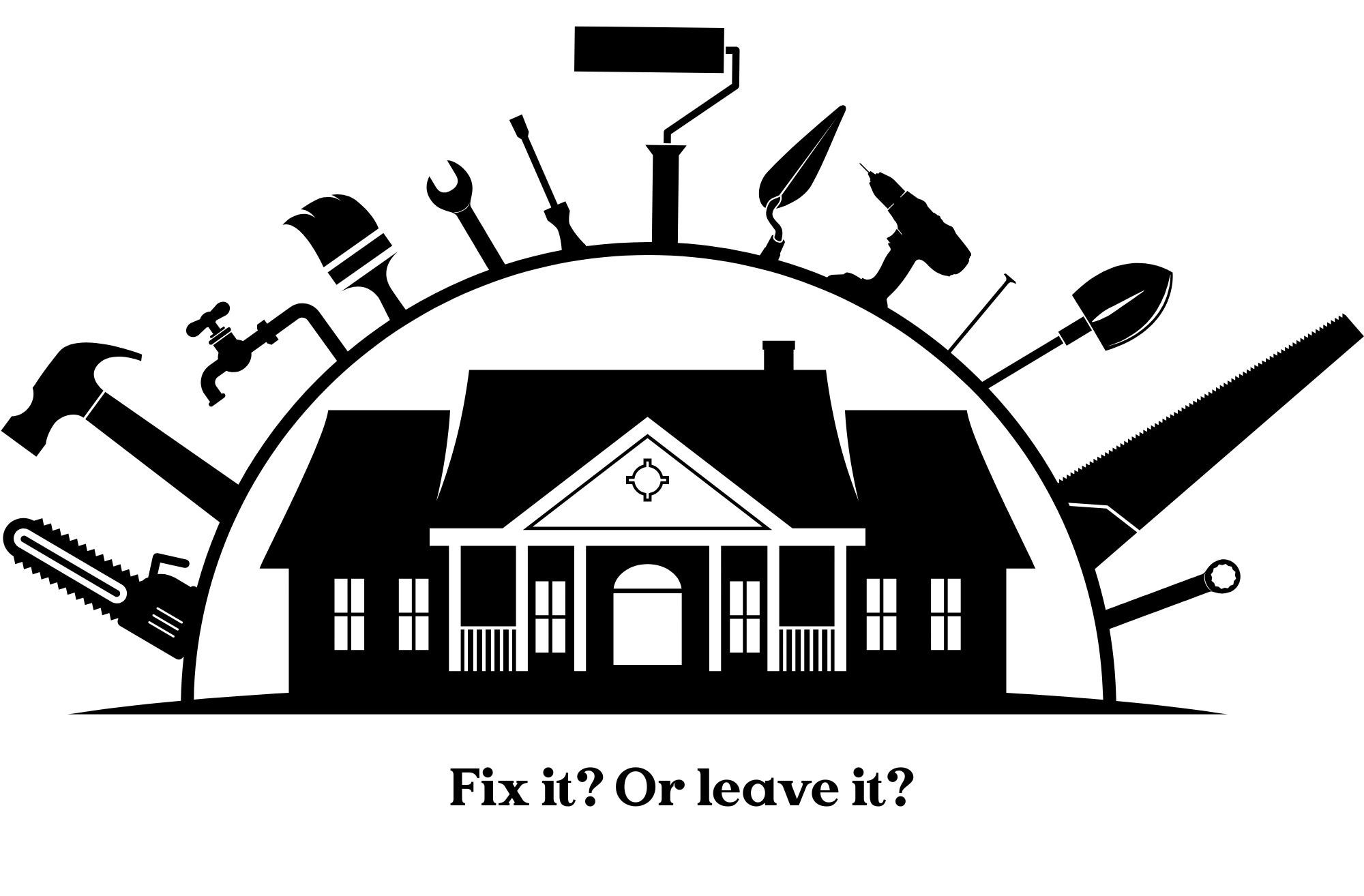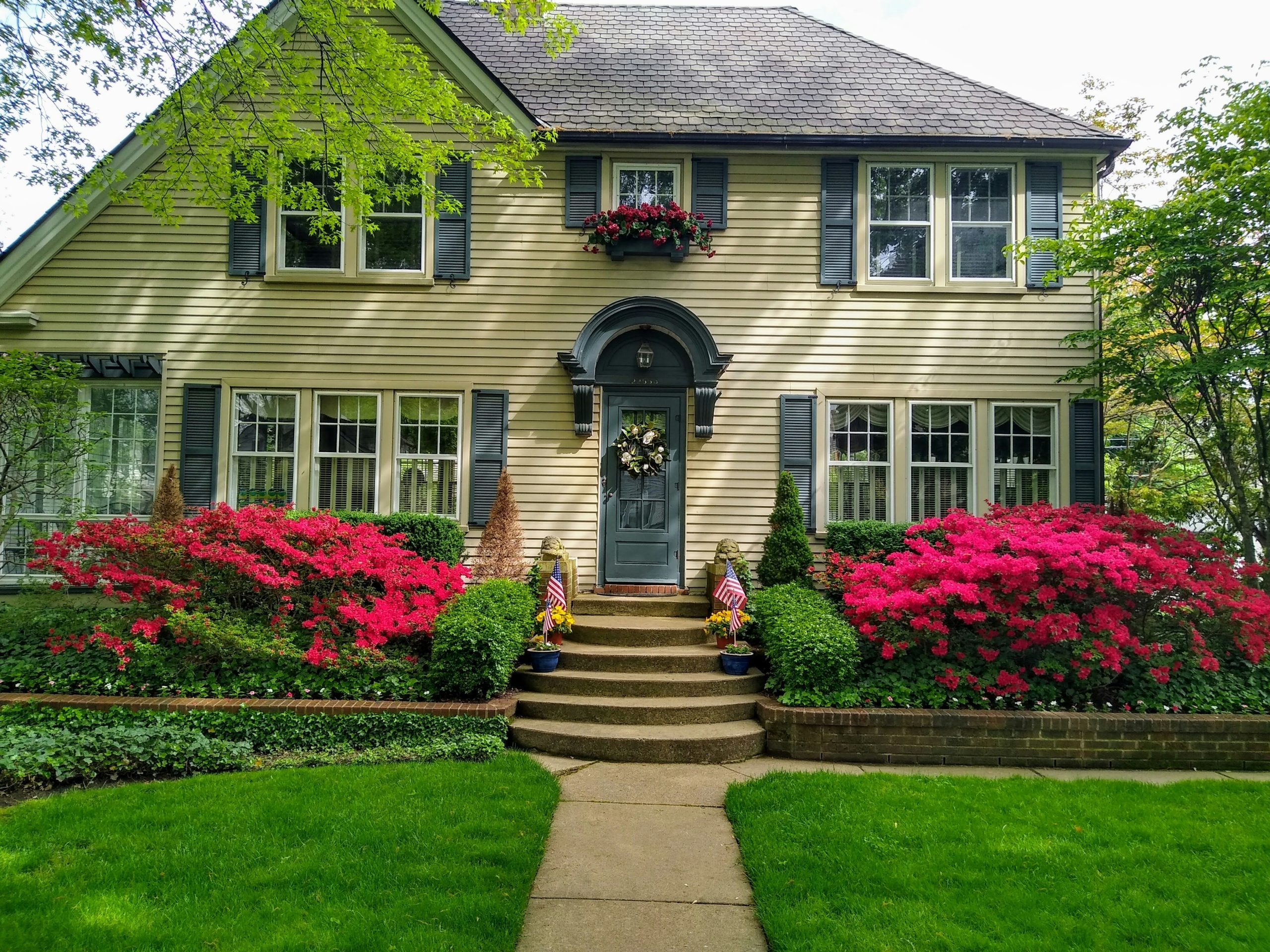When you’re shopping for a home, it’s easy to get swept up by trendy fixtures or discouraged by dated wallpaper. But one of the smartest things you can do is look beyond the surface and ask: Does this house have solid bones?
This common real estate term refers to the quality and integrity of the home’s structure and core systems — and it can make a huge difference between a wise investment and a financial headache down the road. Here’s how to tell if a home is built to last.
1. A Sound Foundation – Literally and Structurally
The foundation is one of the most important (and expensive) parts of a house to repair. Watch for visible cracks, especially around windows and door frames, uneven floors, or doors that stick. These could be signs of foundation movement or settling. Hairline cracks can be normal, but anything wider than ¼ inch is worth a closer look by a professional.
Pro tip: Ask whether a recent foundation inspection or structural assessment has been done.
2. A Layout That Makes Sense
Cosmetic changes are relatively easy. But reworking a home’s floor plan? That can quickly drain your budget. A home with a sensible flow, good natural light, and functional space is a great foundation for future upgrades. Open-concept isn’t always best — the key is a layout that fits your lifestyle.
3. Systems in Solid Shape: Roof, Plumbing, Electrical
These major systems are critical to the home’s longevity. A roof nearing the end of its life, outdated electrical wiring, or original plumbing may not be deal-breakers — but they should factor into your financial planning.
Good indicators: A newer roof (under 15 years), copper or PEX plumbing, and a modern electrical panel are all solid signs.
4. Quality Windows and Doors
Drafty, rotting windows can impact both comfort and energy bills. Look for double-pane windows, smooth operation, and solid construction. Even original windows in older homes can be fine if they’ve been well maintained or upgraded with weather-stripping and storm panes.
5. A Sense of Stability
Some homes just feel well-built. Doors latch smoothly, floors feel firm, and materials seem solid — not flimsy. Older homes, in particular, often feature durable finishes like plaster walls and hardwood floors that signal long-term quality.
A Quick Reality Check:
With construction costs on the rise — partly due to ongoing tariffs on materials — and the City of Portland announcing increased permitting delays and potential cost hikes, repairs and renovations may take longer and cost more than they used to. That makes buying a home with strong bones all the more important.
The flashiest home isn’t always the best investment. A house with good bones gives you a sturdy base to work from — and peace of mind that you’re not starting your new chapter with costly surprises.
 Facebook
Facebook
 X
X
 Pinterest
Pinterest
 Copy Link
Copy Link











